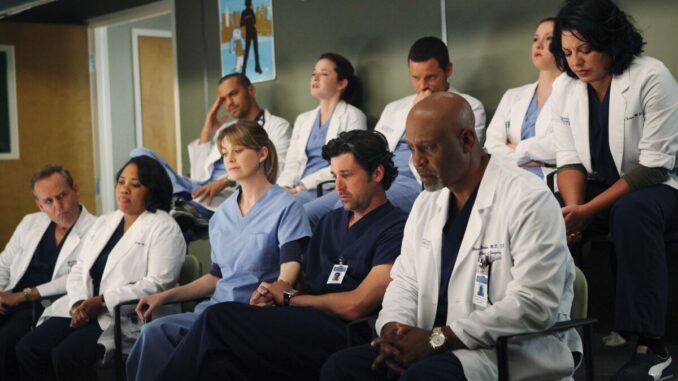
When a School Shooting Brings Back Old Wounds
The news crackled on the radio, a distorted voice piercing the morning quiet. "School shooting…multiple casualties…lockdown in effect…" The details, vague and terrifying, clawed at the edges of my awareness, but it wasn't just the horror of the present that seized me. It was the past, unearthed with ruthless efficiency, dragging me back to a place I thought I had buried. It was like a phantom limb, long numb, suddenly ablaze with agonizing pain.
For me, school shootings aren't just headlines. They're echoes. They're the whispered conversations in hallways after a lockdown drill, the palpable tension that hung in the air whenever a siren wailed in the distance, the gnawing fear that clung to my teenage heart like a stubborn stain. I wasn't directly affected by a shooting, but I grew up in the shadow of them, a child of Columbine, constantly aware that the sanctuary of school could, in a heartbeat, become a battlefield.
This awareness, born in my youth, left scars. The first scar is the vigilance. A hyper-awareness of my surroundings, a scanning for exits in every room, a quick assessment of potential threats wherever I go. It's a reflex, a subconscious calculation born from years of "what if" scenarios played out in my mind. When I hear about a new shooting, this vigilance ratchets up, a tightening of the internal screws, a constant hum of anxiety that makes it difficult to breathe. I find myself reliving old drills, remembering the weight of the textbooks clutched to my chest as we huddled in the dark, the frantic energy of a teacher trying to maintain order amidst the growing dread. The past, once dormant, is now a vibrant, unwelcome guest.
Another scar is the loss of innocence. The naive belief that the world is inherently safe, that bad things only happen to other people, was brutally shattered by the reality of school shootings. Instead, I learned that evil could lurk anywhere, even within the familiar walls of a classroom. This awareness breeds a cynicism, a skepticism towards authority figures who promise protection but often seem powerless in the face of such profound violence. When I see the aftermath of a new shooting – the vigils, the tearful interviews, the calls for change – I feel a weariness that settles deep in my bones. I've seen this before, this cycle of grief and outrage, followed by a slow, agonizing slide back into complacency. The feeling is akin to watching a recurring nightmare, knowing the horror is coming, knowing there is little I can do to stop it.
Perhaps the deepest scar is the unacknowledged trauma. It's the unspoken anxiety that lurks beneath the surface, the fear that flares up at unexpected moments, triggered by a sudden noise, a crowded space, or even just a news report. It's the feeling of helplessness, the frustration of knowing that I can't protect the children of today from the same fear I endured. The constant exposure to these tragedies, even secondhand, chips away at the foundation of my mental well-being, leaving me feeling vulnerable and exposed.
When a school shooting brings back these old wounds, it's not just a matter of remembering. It's a visceral experience, a re-living of the fear, the anxiety, and the profound sense of loss. It's a reminder that the world is not as safe as we pretend, that the horrors we witness on the news can leave indelible marks on our souls. The only way to begin to heal is to acknowledge these wounds, to allow ourselves to grieve, and to find ways to channel our fear and anxiety into meaningful action, advocating for change that might, one day, prevent another generation from inheriting this legacy of terror. Only then can we hope to finally lay these old wounds to rest.